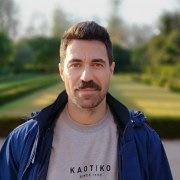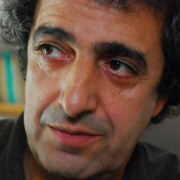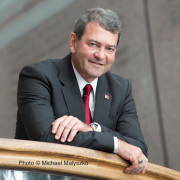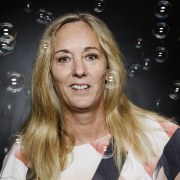Citizenship and participatory models of science engagement
Find this session's presentations here.
This session will bring forward and debate representative cases of the growing social and political relevance of science centres and museums. Citizens are being called upon to participate in all dimensions of science, from research agenda setting to decision-making in matters of science policy and public expenditure of research.
Connecting the public to science, bridging multiple stakeholders, providing platforms for public engagement in rational and critical debate on science, allocating resources for the co-design of science communication: these are some of the features that turn science centres into key agents of scientific citizenship. They are also increasingly drawing the attention of government agencies, research institutions and civil society organisations on the relevance of our field.
Join our session, and get to know how we can be up to this challenge. Deliberative forums, participatory budgeting for science and co-creation of science engagement programmes will be examined in depth.
Session speakers
Ciencia Viva and its network of science centres are involved in a participatory budget for science. It is the first example worldwide of a government allocating part of the national budget for science, culture and education projects to be decided by the citizens through public debate and vote. This presentation will showcase the role of science centres in this nationwide process of public participation in scientific debate and funding of science.
The Museum of Science, in Boston, organizes citizen forums to inform NASA’s Asteroid Initiative. Representative citizens spent a full day learning about key options for the mission, considering issues such as planetary defense and priorities for future space exploration, and weighing in from a lay perspective on the merits of various proposed policies and mission alternatives. NASA ultimately chose the approach that the citizens favored.
Programme Manager - International Relations and Learning
Sheena will speak about how the principles of RRI can be constructively used to develop an exhibition. Experimentarium has used these principles to develop a brand new soap bubble exhibition. These include bringing a broad group of visitors and staff members in to brainstorm, further develop ideas and reflect and make changes at multiple and different times during the development process. Concrete examples of the development of the exhibition including pictures and feedback from visitors after it is running will be shared.




